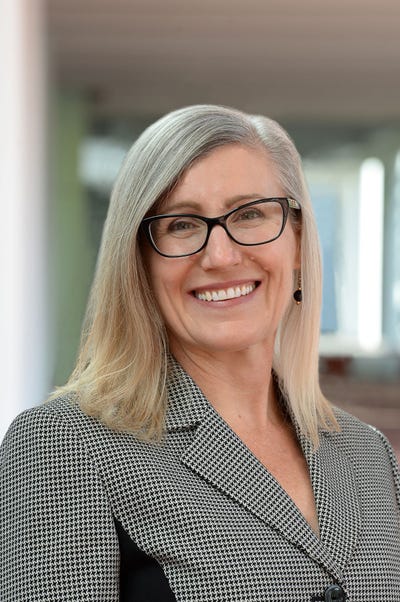It may be time to discuss what DSHEA 2.0 could look like, according to a new opinion piece published in The Journal of Nutrition by a former industry association expert.

In the 20 years since the Dietary Supplement Health & Education Act (DSHEA) passed, the law has remained fairly untouched, with new regulatory requirements related to steroid precursors (via the Designer Anabolic Steroid Control Act, DASCA), adverse event reporting and the like imposed via different bills. However, in a new piece published in The Journal of Nutrition, Taylor Wallace, Ph.D., a former senior scientist and regulatory expert at the Council for Responsible Nutrition (CRN), suggests it may be time to begin a dialogue on how supplement regulation could be improved with a “DSHEA 2.0".
Wallace holds that DSHEA has had major successes, among them establishing the Office of Dietary Supplements, implementing dietary supplement cGMPs (current good manufacturing practices) and adopting a standard Supplement Facts panel. However, he also suggests that “dietary supplements are not regulated appropriately in the United States," and that as the market has expanded and evolved, the regulations should as well. He focuses on four primary areas that could beneficially affect ease of access and safety of products: premarket approval, label claims, GMPs and adverse event reporting (AERs).
Delving into one of the most controversial areas of discussion, Wallace notes that while premarket approval doesn’t prevent illegal sales of pharmaceuticals into the United States, it does provide regulators with authority to act on a perceived health threat. With dietary supplements, FDA relies on a postmarket surveillance system and places the burden of safety on the regulators. But he also notes that implementing a premarket approval process for supplements could significantly burden FDA to ensure proper enforcement. Instead, he points to the GRAS (generally recognized as safe) notification program as a possible model for dietary ingredients, citing the uncertainty around the NDI (new dietary ingredient) draft guidance.
“GRAS notification has served, in my opinion, as an effective process for which a food ingredient is generally recognized among qualified experts as being safe," Wallace stated in an email to INSIDER. “Adopting this process for dietary supplements would mean a full safety review for a dietary ingredient regardless of whether it was present in the food supply before DSHEA. … If a finished product contained dietary ingredients that had a GRAS determination with no question from FDA, then notification would not be needed."
He also suggests FDA should have more statutory authority to enforce specific requirements on the types of levels of scientific evidence needed to substantiate a structure/function claim. Wallace noted there would first need to be some consensus among experts around how to evaluate evidence for that scientific substantiation, as randomized controlled trials (RCTs) are not necessarily positioned to evaluate long-term health effects. Instead, he looks to the European Commission, which has shown inclination toward reliably measured biomarkers related to general health. “I’m suggesting multiple types of data be considered when substantiating structure/function claims," he stated in his email, pointing to how the DRIs for dietary fiber were developed with data from many types of studies. “While I’m not suggesting the same immense numbers of studies are needed, I think the key is having consistent, reproducible, reliable evidence."
The topic of further industry regulation is not far from the minds of industry or its associations. “We’re always open to more discussion about industry regulation and how to ensure that consumers are best protected while still allowing for industry innovation," said Duffy MacKay, N.D., senior vice president, scientific and regulatory affairs, CRN. “These types of discussions are ongoing, and have been for years. That’s how we move forward with new laws such as DASCA. The key is not just changing the legislation to bend to the will of critics, but rather finding ways to help solve the biggest problems faced by our industry. Having more resources for FDA is key, and we’d like to see the agency implement the current regulations—such as finalizing the NDI guidance—so we can truly evaluate what new regulations, if any, might be needed."
About the Author(s)
You May Also Like






.png?width=800&auto=webp&quality=80&disable=upscale)